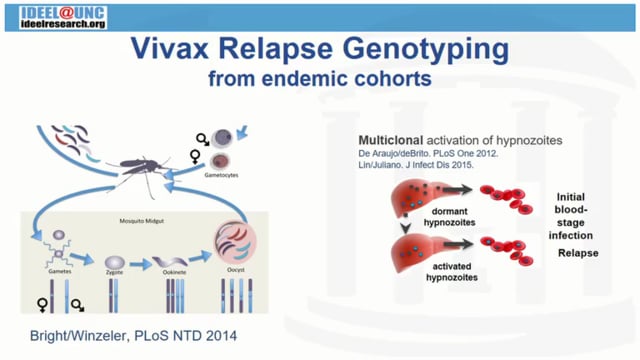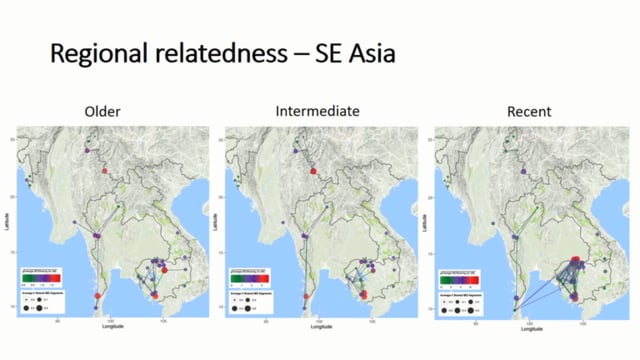Last Updated: 31/07/2024
Genomic analysis of Plasmodium vivax and Plasmodium falciparum in placental malaria
Objectives
*Original in Portuguese: Análise genômica do Plasmodium vivax e Plasmodium falciparum na malária placentária
This proposal sets to study the genomics of P. vivax and P. falciparum in samples isolated from pregnant women, through whole-genome sequencing on the Illumina MiSeq platform.
Gestational malaria is a serious public health problem, with placental malaria being one of its serious consequences and one of the main causes of adverse pregnancy outcomes. Despite several studies in the area, it is still unclear which peripheral blood infections during pregnancy lead to the development of placental malaria. Although it is clear that placental parasites have a distinct phenotype from those in the peripheral circulation, it is still unknown whether they differ genetically. Although the impact of Plasmodium vivax on pregnancy is less described than P. falciparum, recent studies indicate that both species pose a threat to the mother and fetus. Indeed, preliminary analysis of data from a prospective cohort of pregnant women carried out in the Amazon region revealed a distinct profile in placental pathology and the occurrence of many recurrences of P. vivax and P. falciparum infection during pregnancy. These provided the rationale for developing a project to assess the structure and genetic diversity of P. vivax and P. falciparum among pregnant women in the Brazilian Amazon. Whole-genome sequencing technologies can contribute to understanding the genetic diversity and the structural variation scenario of Plasmodium populations in regions considered of low transmission, such as the Amazon region. Furthermore, these results may allow the identification of vivax and falciparum haplotypes associated with placental malaria and adverse pregnancy outcomes. Consequently, clarifying the biological aspects of the parasite associated with gestational malaria, especially placental malaria, can contribute to designing new diagnostic and treatment strategies for the disease in pregnant women.
Sep 2022 — Aug 2023


